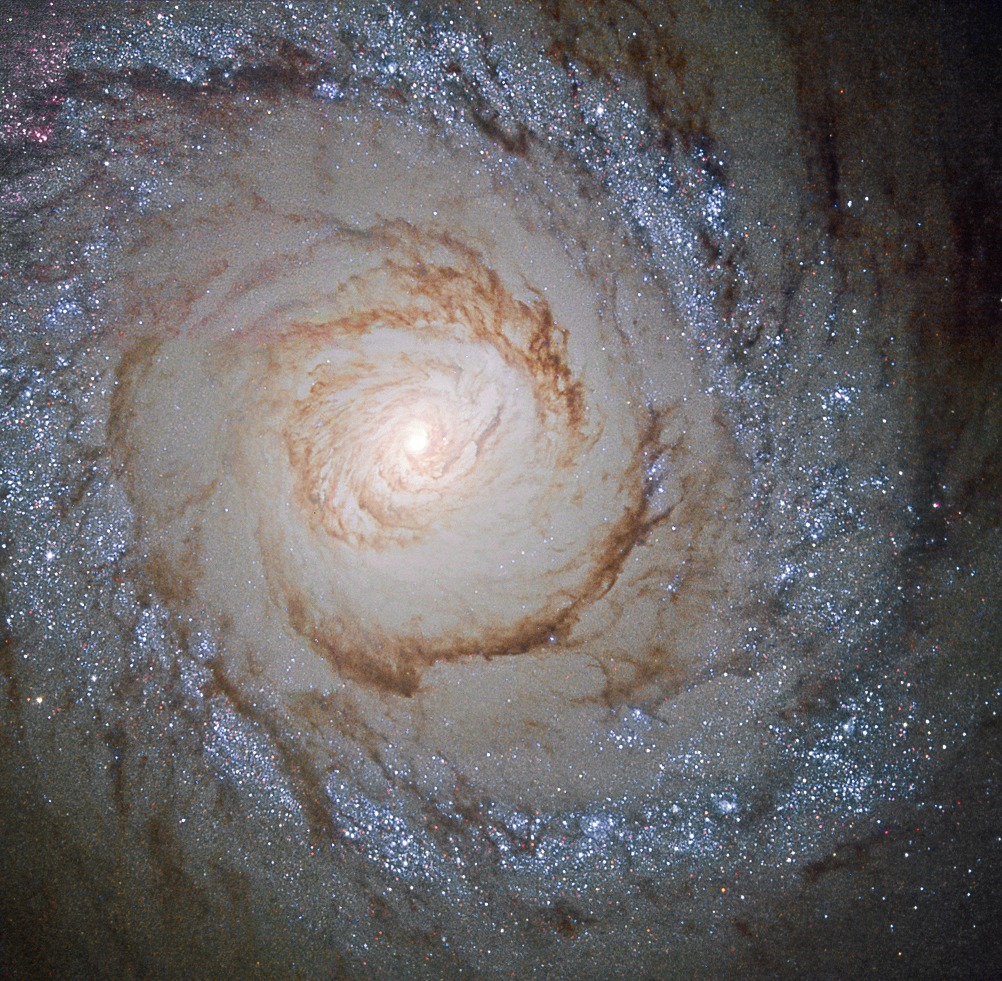Blog
3-4-2025
Neil Young is taking his music to a place that needs it most. The iconic musician has revealed plans to perform a free concert in Ukraine, offering a moment of unity and resilience through song. While the exact date and location remain under wraps, the commitment is clear.
Announced through his website, the upcoming show will bring Young’s signature sound to a country still grappling with the realities of war. It’s a bold move that aligns with his decades-long dedication to music as a force for change, echoing the themes of hope and resistance that have defined much of his career.
With details still to come, anticipation is already building. A performance of this scale—both musically and symbolically—underscores the power of art in difficult times. For now, fans and supporters alike await more news on when and where Young will take the stage in solidarity with Ukraine.
A Clear Stand On The War
Neil Young isn’t swayed by revisionist narratives. While the Trump administration has attempted to shift blame onto Ukraine, falsely claiming it provoked Russia’s 2022 invasion, Young has been outspoken about where responsibility truly lies. He refuses to entertain distortions of history, instead focusing on the reality of an unprovoked war that has left countless lives shattered.
He previously condemned Russia’s aggression, calling it “the crazy war of an old dying guy” driven by a desperate attempt to rewrite history. In his view, Vladimir Putin isn’t leading—he’s retreating into his own delusions, grasping for a legacy that serves only himself. Young paints a picture of a leader lost in nostalgia, using destruction as a means to correct what he sees as past mistakes, regardless of the human cost.
Young’s words cut through political distortions, framing the war for what it is: an act of self-serving destruction. His stance isn’t just about pointing fingers—it’s about standing with those who are fighting for their survival. By speaking out, he aligns himself with those who refuse to let history be rewritten by those who wield power without accountability.


“If you can’t get rid of the skeleton in your closet, you’d best teach it to dance.” George Bernard Shaw

Friday March 7th 2025 6pm Music with Inbal Sharett-Singer, Jayson Rodovsky, Jeff Bailey, Pete Whitman and mick laBriola.
more...
Very faint planetary nebula Abell 7 is about 1,800 light-years distant. It lies just south of Orion in planet Earth’s skies toward the constellation Lepus, The Hare. Surrounded by Milky Way stars and near the line-of-sight to distant background galaxies its generallysimple spherical shape, about 8 light-years in diameter, is revealed in this deep telescopic image. Within the cosmic cloud are beautiful and complex structures though, enhanced by the use of long exposures and narrowband filters that capture emission from hydrogen, sulfur, and oxygen atoms. Otherwise Abell 7 would be much too faint to be appreciated by eye. A planetary nebula represents a very brief final phase in stellar evolution that our own Sun will experience 5 billion years hence, as the nebula’s central, once sun-like star shrugs off its outer layers. Abell 7 itself is estimated to be 20,000 years old. But its central star, seen here as a fading white dwarf, is some 10 billion years old.

more...
Patrick Michael Clancy (7 March 1922 – 11 November 1998), usually called Paddy Clancy or Pat Clancy, was an Irish folk singer best known as a member of the Clancy Brothers and Tommy Makem. In addition to singing and storytelling, Clancy played the harmonica with the group, which is widely credited with popularizing Irish traditional music in the United States and revitalizing it in Ireland. He also started and ran the folk music label Tradition Records, which recorded many of the key figures of the American folk music revival.
more...Alcide Louis “Slow Drag” Pavageau (March 7, 1888 – January 19, 1969) was an American jazz double bassist and guitarist.
more...Joseph Maurice Ravel (7 March 1875 – 28 December 1937) was a French composer, pianist and conductor. He is often associated with Impressionism along with his elder contemporary Claude Debussy, although both composers rejected the term. In the 1920s and 1930s Ravel was internationally regarded as France’s greatest living composer.
Born to a music-loving family, Ravel attended France’s premier music college, the Paris Conservatoire; he was not well regarded by its conservative establishment, whose biased treatment of him caused a scandal. After leaving the conservatoire, Ravel found his own way as a composer, developing a style of great clarity and incorporating elements of modernism, baroque, neoclassicism and, in his later works, jazz. He liked to experiment with musical form, as in his best-known work, Boléro (1928), in which repetition takes the place of development. Renowned for his abilities in orchestration, Ravel made some orchestral arrangements of other composers’ piano music, of which his 1922 version of Mussorgsky‘s Pictures at an Exhibition is the best known.
A slow and painstaking worker, Ravel composed fewer pieces than many of his contemporaries. Among his works to enter the repertoire are pieces for piano, chamber music, two piano concertos, ballet music, two operas and eight song cycles; he wrote no symphonies or church music. Many of his works exist in two versions: first, a piano score and later an orchestration. Some of his piano music, such as Gaspard de la nuit (1908), is exceptionally difficult to play, and his complex orchestral works such as Daphnis et Chloé (1912) require skilful balance in performance.
Ravel was among the first composers to recognise the potential of recording to bring their music to a wider public. From the 1920s, despite limited technique as a pianist or conductor, he took part in recordings of several of his works; others were made under his supervision.
more...
It was originated in the late 19th century. In “Sinfonía Virtual” magazine Guillermo Castro documented that the term “bulería” was used for the first time in the 17th century, but it didn’t acquire its flamenco meaning until the early 20th century.
more...Walter E. “Furry” Lewis (March 6, 1893 or 1899 – September 14, 1981) was an American country blues guitarist and songwriter from Memphis, Tennessee. He was one of the earliest of the blues musicians active in the 1920s to be brought out of retirement and given new opportunities to record during the folk blues revival of the 1960s.
more...Beautiful island universe Messier 94 lies a mere 15 million light-years distant in the northern constellation of the hunting dogs, Canes Venatici. A popular target for earth-based astronomers, the face-on spiral galaxy is about 30,000 light-years across, with spiral arms sweeping through the outskirts of its broad disk. But this Hubble Space Telescope field of view spans about 7,000 light-years or so across M94’s central region. The sharp close-up examines the galaxy’s compact, bright nucleus and prominent inner dust lanes, surrounded by a remarkable bluish ring of young, massive stars. The massive stars in the ring appear to be less than about 10 million years old, indicating the galaxy experienced a corresponding well-defined era of rapid star formation. As a result, while the small, bright nucleus is typical of the Seyfert class of active galaxies, M94 is also known as a starburst galaxy. Because M94 is relatively nearby, astronomers can explore in detail reasons for the galaxy’s burst of star formation.

Flora Purim (born March 6, 1942) is a Brazilian jazz singer known primarily for her work in the jazz fusion style. She became prominent for her part in Return to Foreverwith Chick Corea and Stanley Clarke. She has recorded and performed with numerous artists, including Dizzy Gillespie, Gil Evans, Opa, Stan Getz, George Duke, Mickey Hartof the Grateful Dead, Santana, Jaco Pastorius, and her husband Airto Moreira.
In 2002, Purim was the recipient of one of Brazil’s highest awards, the 2002 Ordem do Rio Branco for Lifetime Achievement. She has been called “The Queen of Brazilian Jazz”.
more...Howard McGhee (March 6, 1918 – July 17, 1987 Tulsa, OK)was one of the first American bebop jazz trumpeters, with Dizzy Gillespie, Fats Navarro and Idrees Sulieman. He was known for his fast fingering and high notes. He had an influence on younger bebop trumpeters such as Fats Navarro.
more...John Leslie “Wes” Montgomery(March 6, 1923 – June 15, 1968) was an American jazz guitarist. Montgomery was known for his unusual technique of plucking the strings with the side of his thumb and for his extensive use of octaves, which gave him a distinctive sound.
more...Wilbur “Doc” Little (March 5, 1928 – May 4, 1987) was an American jazz bassist known for playing hard bop and post-bop.
Little originally played piano, but switched to double bass after serving in the military. In 1949 he moved to Washington, D.C., where he worked with “Sir” Charles Thompson, among others. After that, he was in J. J. Johnson‘s quintet from 1955 to 1958. He was the bassist on pianist Tommy Flanagan’s first studio album, recorded when he and Flanagan were touring in Europe as members of Johnson’s band.
Little moved to the Netherlands in 1977 and lived there for the rest of his life.
more...More Posts
- World Music with Mansi People on Sangkvyltap
- Daily Roots with Roots Radics meets Scientist & King Tubby
- Daily Roots with Roots Radics meets Scientist & King Tubby
- The Cosmos with NGC 4631
- Mark Whitfield Day
- Millie Small Day
- Little Sonny Day
- World Music with Mamar Kassey
- Daily Roots with Nicodemus
- The Cosmos with NGC 1027 and IC 1805
- Clifton Anderson Day
- Jimmy Blanton Day
- World Music with Miguel de los Reyes
- Daily Roots with Yami Bolo
- The Cosmos with SPX 1062
- Eddie Gomez Day
- Steve Swallow Day
- Leon Thomas Day
- World Music with Culture Musical Club & Bi Kidude
- World Music with Culture Musical Club & Bi Kidude

